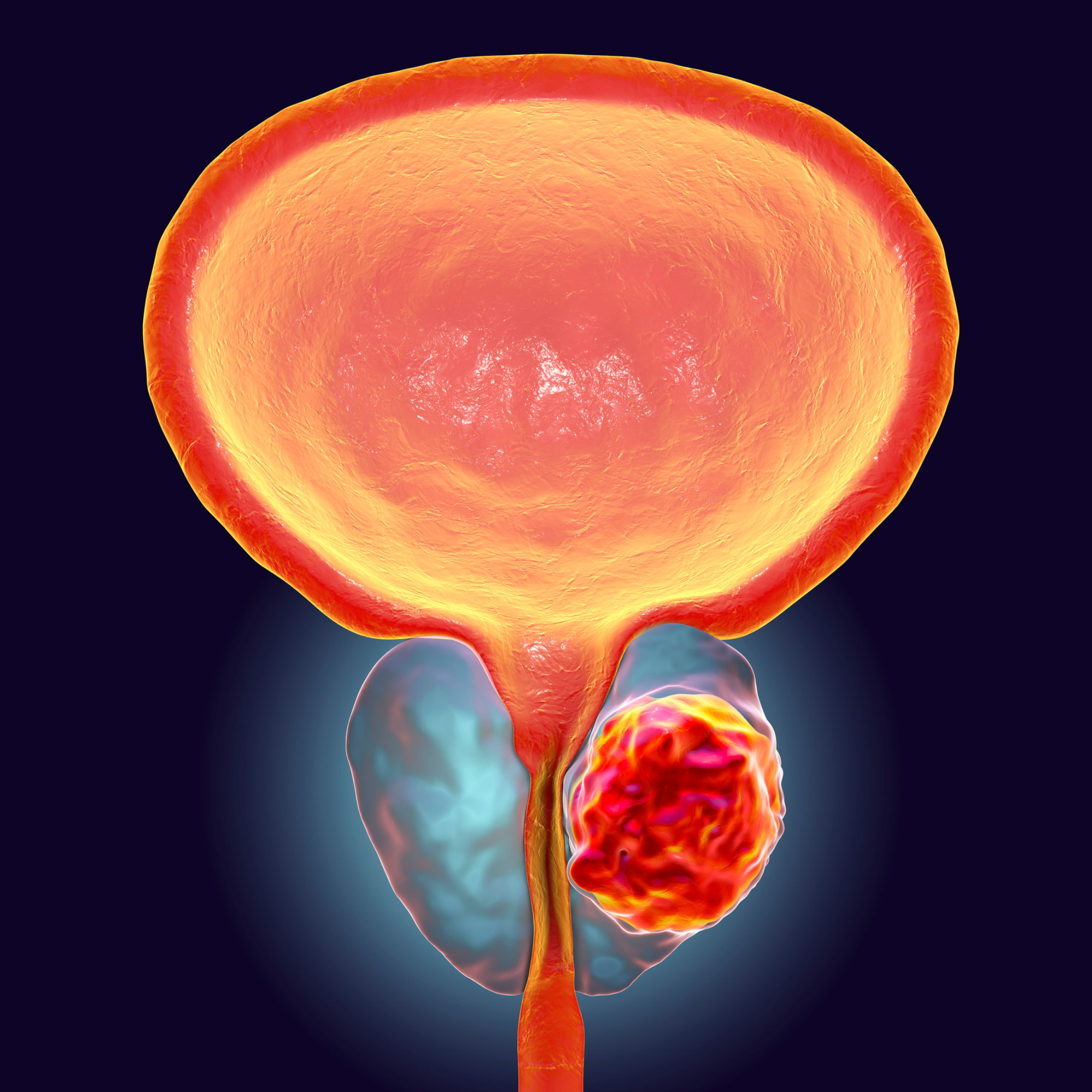هل لديك أسئلة؟
تعرف على خدماتنا أو أحصل على إجابات لأية أسئلة هنا ، فورا

ام الحمام الغربي , الرياض - 145KM
ما هو اختبار PSA؟ يقيس اختبار PSA مستوى مستضد البروستاتا المحدد في الدم، وهو بروتين ينتجه غدة البروستاتا. قد تشير المستويات المرتفعة إلى وجود سرطان البروستاتا أو حالات أخرى مثل تضخم البروستاتا الحميد أو التهاب البروستاتا. بينما يمكن أن تشير مستويات PSA العالية إلى السرطان، فإنها ليست قاطعة، وقد تكون هناك حاجة لاختبارات إضافية لتأكيد التشخيص
متى يجب إجراء اختبار PSA؟
إرشادات العمر: يُوصى عادةً بالاختبار للرجال بدءًا من سن 50، أو في وقت أبكر لمن هم في خطر أعلى (مثل التاريخ العائلي لسرطان البروستاتا)
التكرار: تقترح بعض الإرشادات إجراء اختبار سنوي للرجال فوق سن 50، بينما يجب مناقشة ضرورة وتكرار الفحص مع مقدم الرعاية الصحية
التحضير لاختبار PSA
تجنب بعض الأنشطة:
القذف: الامتناع عن النشاط الجنسي لمدة 24-48 ساعة قبل الاختبار، حيث يمكن أن يؤدي ذلك إلى زيادة مستويات PSA
التمارين الرياضية: يجب تجنب الأنشطة البدنية المكثفة مثل ركوب الدراجات أو التمارين القوية لمدة 48 ساعة قبل الاختبار
مراعاة الأدوية: أبلغ مقدم الرعاية الصحية عن أي أدوية تتناولها، حيث يمكن لبعض الأدوية أن تؤثر على مستويات PSA.
الصيام: بشكل عام، لا يتطلب الصيام لهذا الاختبار، ولكن من الأفضل اتباع تعليمات مقدم الرعاية الصحية المحددة
الممارسات الموصى بها قبل الاختبار
الاستشارة: ناقش الفوائد والمخاطر المرتبطة باختبار PSA مع مقدم الرعاية الصحية الخاص بك لاتخاذ قرار مستنير بناءً على تاريخ صحتك وعوامل الخطر الخاصة بك
369
تعرف على خدماتنا أو أحصل على إجابات لأية أسئلة هنا ، فورا